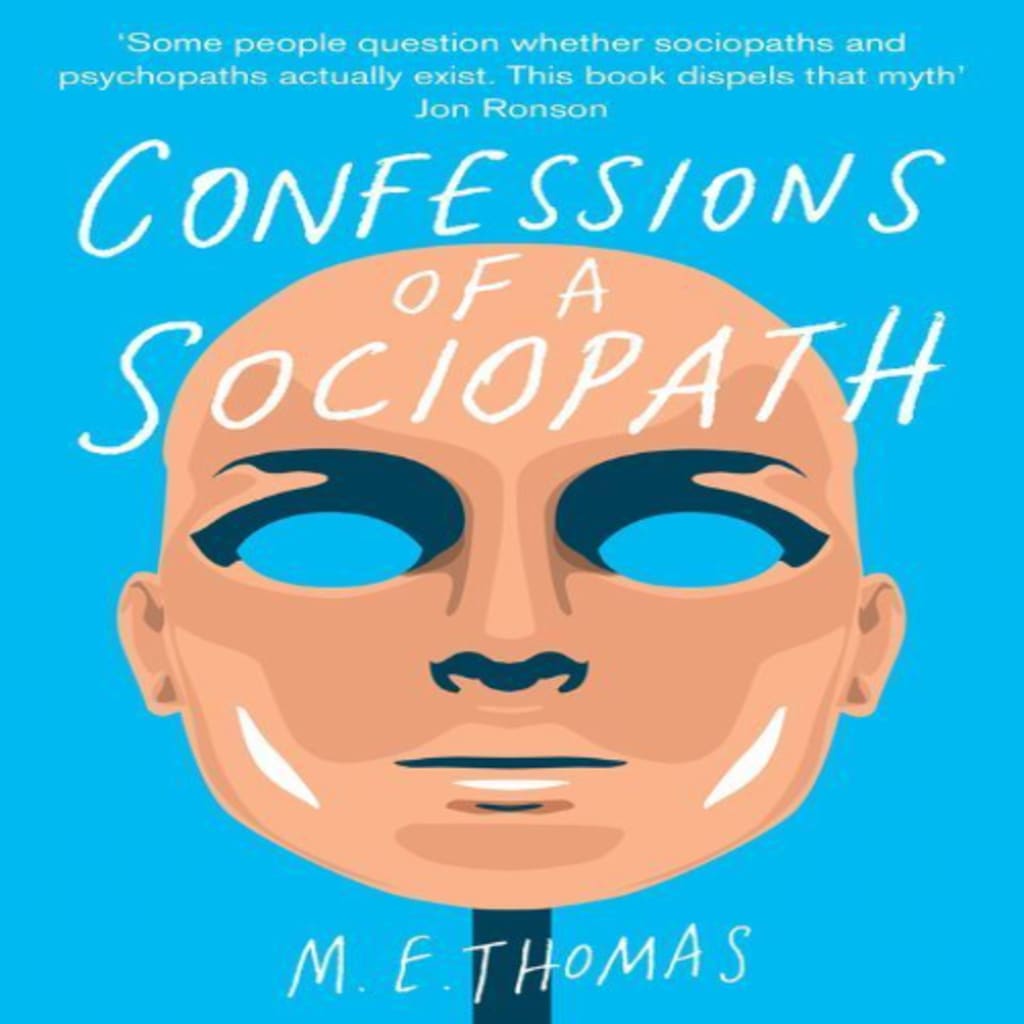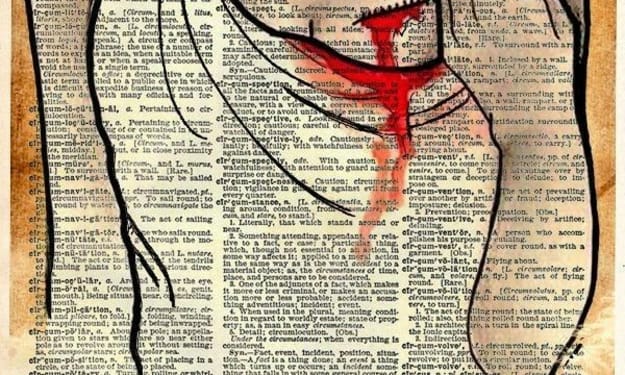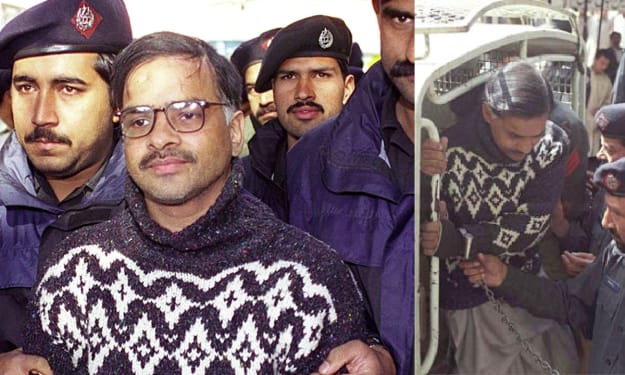A Narrative of Guilt, Disclosure, and Redemption
A Guide to Unburdening Soul

A Narrative of Guilt, Disclosure, and Redemption: A Guide to Unburdening the Soul
There are very few events in the field of criminal justice that have the same weight as a confession does. It is a pivotal moment when the truth emerges, illuminating the inner workings of a crime before cloaked in mystery. This moment is a significant turning point. A confession to commit a crime is not just a necessary step in the legal process but also a psychological journey that may result in justice and atonement. In this piece, we delve into the intricacies and ramifications of criminal confessions, illuminating their relevance within the context of the legal system and the ethics governing individual behavior.
The Consequences of Guilt
Guilt that nagging sensation, often becomes an excruciating weight for people who have transgressed the bounds of cultural standards. Guilt may be defined as the conscious or unconscious awareness of having done something wrong. A confession to a crime is, at its essence, an effort to lessen the burden of carrying this secret. When people make the option to confess their wrongdoings, they are consciously choosing to face the consequences of their conduct, regardless of whether or not this includes suffering legal repercussions. The internal conflict between wanting to release one's burdened spirit and dreading punishment is the furnace from which confessions are born.
The Existing Legal Regime
The legal system places a significant amount of weight on confessions. They are believed to be direct proof of guilt and often end up playing a vital role in the process of winning convictions. However, having such authority comes with its fair share of moral problems. Confessions obtained under duress, whether by psychological or physical manipulation, have the potential to result in erroneous convictions and severe abuses of the legal system. As a result, the legal systems of countries all over the globe have progressed to the point where they now contain protections, such as Miranda rights in the United States, which are designed to ensure that confessions are provided willingly and are not the result of coercion.
The Study of the Psychology Behind Confessing
The psychology behind a confession is an intriguing interplay of shame, regret, and the desire to be forgiven for one's transgressions. Psychologists argue that confession may function as a type of catharsis, enabling people to relieve themselves of the load of their guilt and work toward atonement. Opening up may be a double-edged sword since it shows the truth to other people and compels the confessors to face the consequences of their behavior. In situations where the criminal act hurts others, an honest confession might help provide some sense of closure and open the door to recovery.
A Quest for Atonement and Redemption
A confession may result in legal consequences, but it may also be the first step toward a person's salvation. Certain people confess their wrongdoings to demonstrate that they are willing to accept responsibility for their acts and seek forgiveness for their transgressions. Getting responsibility for one's transgressions and making a concerted effort to make amends may be a formative and transforming experience. Confession may not free the guilty person of penalty in the eyes of the law. Still, it might start the rehabilitation and reintegration into society for the individual who has admitted guilt.
The Morality of Being Honest
The search for the truth is essential to the operation of any legal system, but the moral implications of confessing are not always easy to decipher. Admissions gained via coercion or deception raise serious questions about their integrity. In some situations, people could falsely confess to crimes they did not commit, whether motivated by pressure, mental illness, or the desire to get a reduced punishment. These stories illustrate the significance of conducting exhaustive investigations and understanding the factors influencing confessions.
Confessions and a Sense of Completion
Confessions can potentially deliver victims and their families a feeling of resolution impossible in any other circumstance. The victim's suffering is validated when the perpetrator admits to wrongdoing, and the consequence of the crime is recognized when the offender does so. This resolution may be an essential part of the healing process, enabling the person to go on with their life while simultaneously accepting the reality of the situation.
The strength that comes from being able to forgive others
After hearing an apology, some people are willing to overlook the offender. This incredible feat takes a vast store of strength as well as empathy on the part of the performer. Forgiving a perpetrator who has confessed to a crime may be a personal choice that goes against cultural standards and often pushes the limits of what can be considered lawful.
The final word
A confession to a crime is a complicated and varied occurrence that can transform lives and the results of judicial proceedings. It demonstrates the human ability for honesty, repentance, and the quest for justice. Confessions are essential instruments for the administration of criminal justice, but they also have more profound psychological and ethical repercussions, which are not always considered. In the end, a confession demonstrates the complex dynamic between the human spirit's ability for wrongdoing and its equally profound potential for sorrow, development, and redemption in the aftermath of wrongdoing.
About the Creator
Enjoyed the story? Support the Creator.
Subscribe for free to receive all their stories in your feed. You could also pledge your support or give them a one-off tip, letting them know you appreciate their work.





Comments (1)
this is great work You can also join my friends and see what I have prepared for you